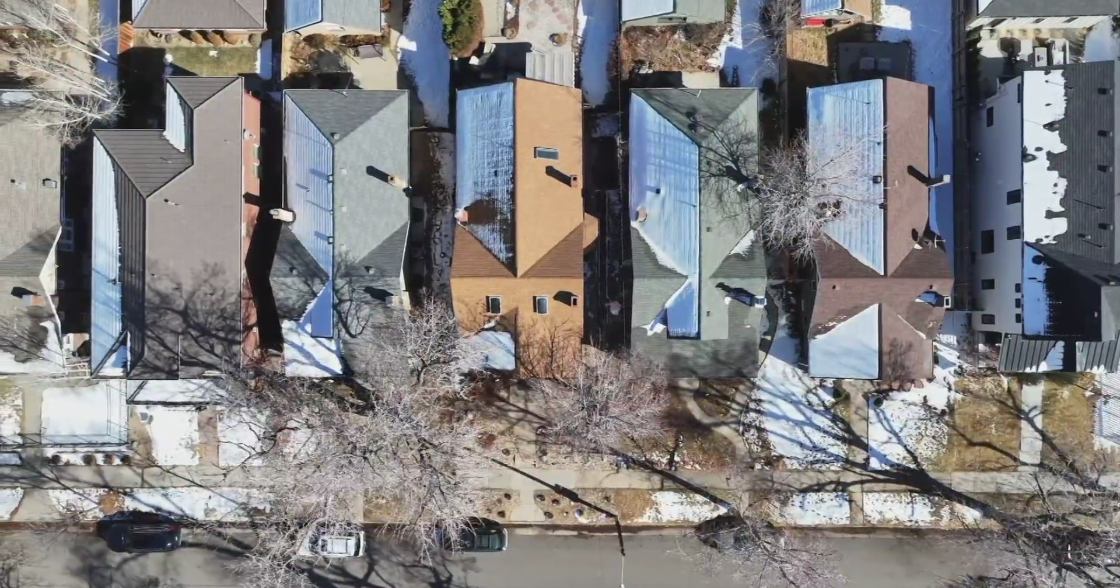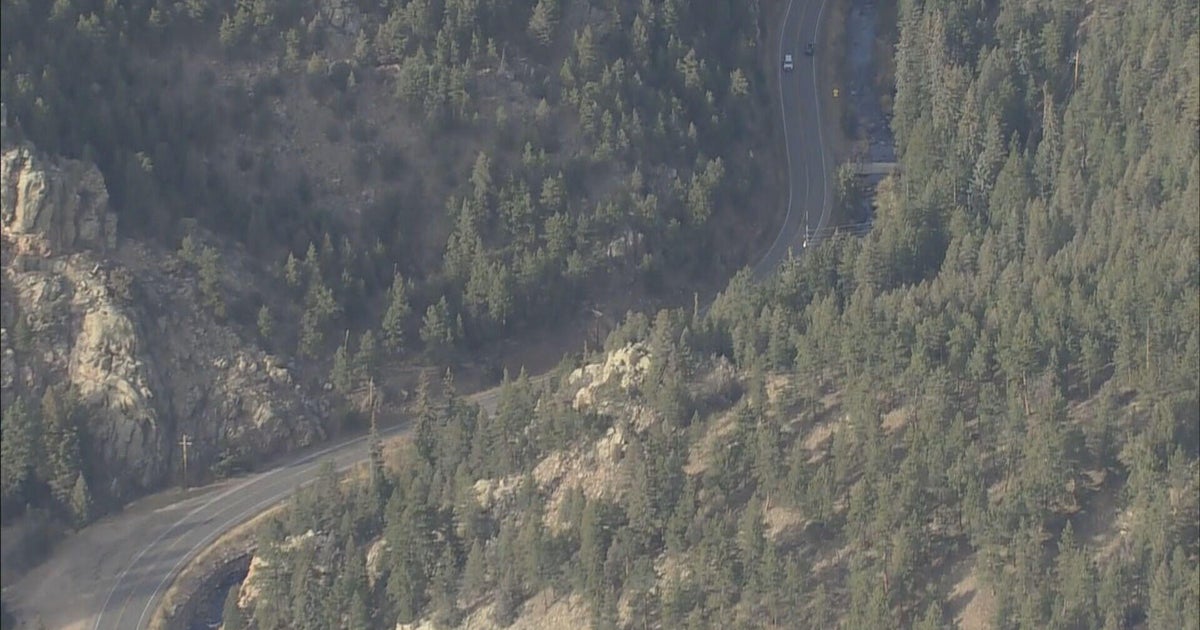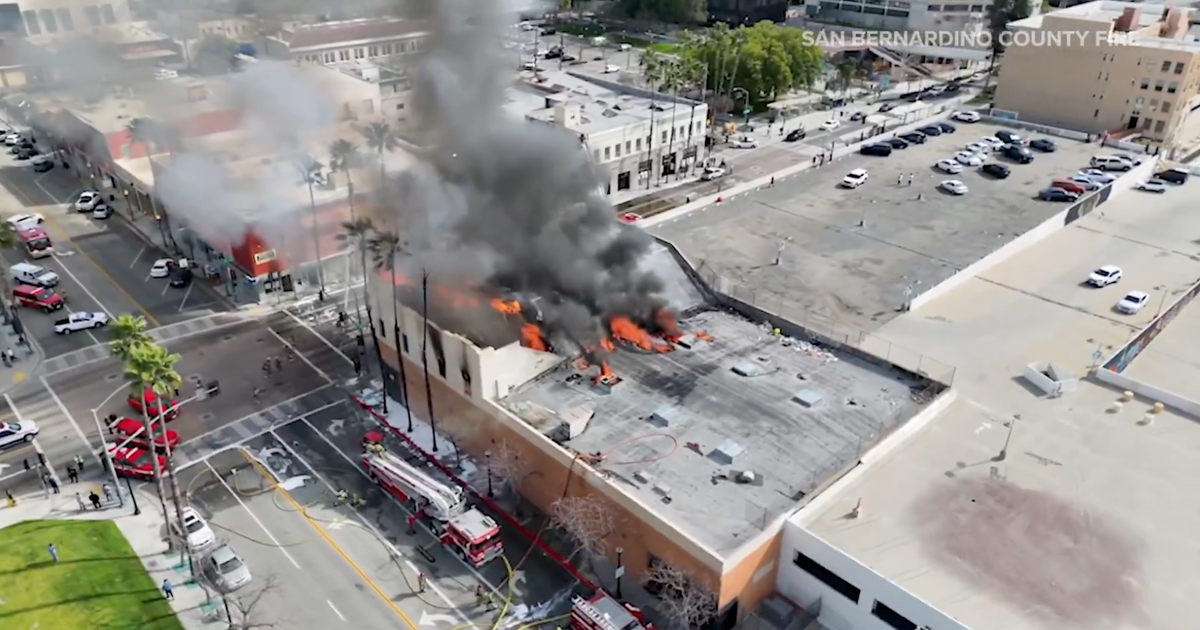For richer Californians, private firefighters help battle blaze
Some California homeowners eager to save their properties -- and themselves -- from the wildfires raging across parts of the state have an advantage others don't: private firefighters. Several major property casualty insurers began hiring out private fire departments roughly a decade ago to protect their high-end clients.
This coverage comes with a high price tag, but it can be worth it given the death and destruction from the "Camp Fire" still burning in Northern California, as well as other mega-fires that have devastated the U.S. in recent years.
Just this week, Kim Kardashian and Kanye West's $60 million home in Hidden Hills, California, was saved from the Woolsey fire by a private firefighting force the couple hired.
"One of our clients had his house burned down," said Bruce Gendelman, chairman of a high-net worth insurance broker who sells policies for the PURE Group of Insurance Companies. "But the two people next door didn't get out."
These high-end insurance policies have drawn criticism, with some noting that most homeowners can't afford them. In a city like Malibu in Southern California, an "ultra deluxe" policy would range from $2,500 to $8,000 a year depending on construction, fire protection systems, deductibles and a home's contents, among other factors. And while insurers normally refuse to discuss the cost of their policies, Gendelman said carriers typically only offer high-end fire protection on homes worth $2 million and up.
By contrast, the use of private fire services doesn't appear to have drawn complaints from CAL FIRE, California state department dedicated to fighting the infernos that have killed scores of people in the state, torched 1.5 million acres and wiped out entire communities.
"We always work with local authorities to make sure that our service is supplemental," said Frances O'Brien, who heads North American Personal Risk Services for Chubb. "We are subject to the fire department's 'incident command,' take their direction and obey evacuation orders."
Chubb was one of the first insurers to enter the private fire fighting field in 2008, and might be considered the model for similar services. The Pure Group also has a Wildlife Mitigation Program that includes on-the-ground services by fire professionals.
Both companies offer the fire service as part of their policies in wildfire-prone states, while acknowledging the significantly higher costs. Pure Group bills itself as "high net worth insurance" that's "not for everyone."
Allianz, a German-based insurer, also offers "proactive services to mitigate loss" for its commercial clients, a spokesperson said. It partners with Consumer Fire Products Inc. (CFPI), a private company formed by firefighters in 1998 that describes itself as "a brigade of trained fire professionals dedicated to wildfire property protection."
Sounding the alarm
While the services offered by these insurers may be beyond the financial reach of many, the way they operate offers pointers to the millions of Californians and homeowners in 17 other U.S. states who live in fire zones. That starts with meeting with clients and inspecting the property to remove brush, firewood and anything flammable near the home. Sprinkler systems are appraised so that houses can be doused before blazing embers reach them.
"Insured locations are then patrolled by CFPI to take precautionary measures," the Allianz spokesperson said.
As fire appears on the horizon, the first response is one or more phone calls from the insurer telling the homeowner to take action to protect their property – or immediately evacuate, often suggesting a safe escape route. Then private fire crews arrive on the scene. Patio furniture, the most dangerous flammable, is removed and house vents are plugged so burning embers can't get in.
"Fire often burns a house from the inside out," Chubb's O'Brien said.
In addition to bringing their own water, the fire crew will spray red fire retardant around the house and on the roof, the same material dropped from planes on burning trees.
"It's environmentally safe and biodegradable," the Allianz spokesperson said. It also tells the local fire department that house has been protected.
In some cases, of course, even money can't buy protection.
"The 'Woolsey fire' moved so fast that it was impossible to get ahead of it," said Gendelman, referring to a Southern California blaze that has caused thousands to flee their homes and an evacuation in Malibu.



